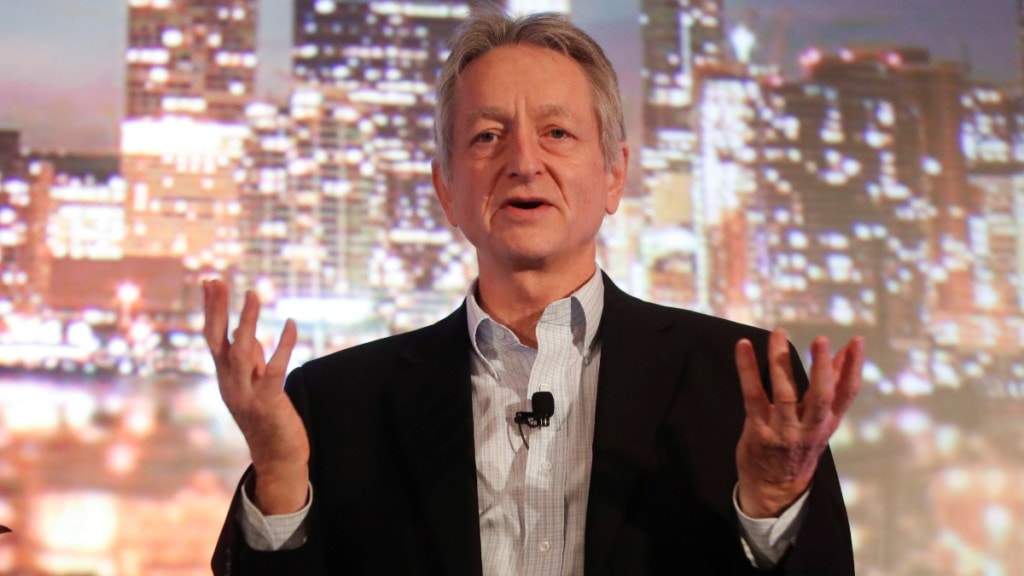‘Father of AI’ Geoffrey Hinton has called for ban on AI Superintelligence along with other prominent figures from across the sectors inlucing politics, entertainment and technology.
A group of scientists and public figures, in a statement put out by the nonprofit Future of Life Institute, has called for a ban on developing Superintelligent AI until there is broad scientific agreement that it can be done safely and under control. For context, Superintelligent AI refers to the systems that are far more capable than humans.
Apart from Hinton, the other signatories include Apple co-founder Steve Wozniak, Prince Harry, economist Daron Acemoglu, and also former US National Security Adviser Susan Rice.
Although there have been earlier appeals to slow down AI development, including by the same institute, this latest statement stands out for having many new supporters from different professional and political backgrounds.
Ban call for ‘Superintelligent’ AI research/tools
Prince Harry, Duke of Sussex, in his statement said, “The future of AI should serve humanity, not replace it. The true test of progress will be not how fast we move, but how wisely we steer.” Actor and Filmmaker Joseph Gordon-Levitt said, “Yeah, we want specific AI tools that can help cure diseases, strengthen national security, etc. But does AI also need to imitate humans, groom our kids, turn us all into slop junkies and make zillions of dollars serving ads? Most people don’t want that. But that’s what these big tech companies mean when they talk about building ‘Superintelligence’.”
Johnnie Moore, President, Congress of Christian Leaders and White House evangelical adviser in a statement said, “We should rapidly develop powerful AI tools that help cure diseases and solve practical problems, but not autonomous smarter-than-human machines that nobody knows how to control. Creating superintelligent machines is not only unacceptably dangerous and immoral, but also completely unnecessary.”
OpenAI, Meta moving forward despite ban calls
The appeal comes at a time when big tech companies are speeding up their race to create artificial general intelligence (AGI) and go beyond it. Meta’s Mark Zuckerberg said last year that superintelligence is now within reach, while OpenAI CEO Sam Altman believes it could arrive by 2030. This year alone, companies are investing hundreds of billions of dollars in AI infrastructure.
Even an OpenAI employee, Leo Gao, chose to support the appeal, marking a rare move from within a company that Altman describes as focused on superintelligence research.
This is the Future of Life Institute’s second major effort. Its earlier 2023 letter, which called for a six-month pause in AI development, did not slow progress. The new campaign takes a narrower aim—specifically at the risks of superintelligence.








